Farmers for Sustainable Food, Edge Dairy Farmer Cooperative to host Climate-Smart informational webinar
Find out how farmers can begin monetizing their sustainability efforts
GREEN BAY, Wis. — Edge Dairy Farmer Cooperative and Farmers for Sustainable Food will present a Climate-Smart informational webinar on March 12 from 11:00 a.m. to 11:30 a.m. CST. The webinar will provide insight on the group’s multi-year USDA’s Partnership for Climate-Smart Commodities Program after recently announcing that the program is accepting farmer enrollment.
FSF’s Managing Director Lauren Brey will share program details and how farmers can participate and earn financial compensation.
The Farmers for Sustainable Food Climate-Smart Program uses data to inform how farming practices can potentially generate added value for the food the farms produce. It is grounded in FSF’s Framework for Farm-Level Sustainability Projects, a nationally recognized, proven model that has been the foundation of several multi-year sustainability projects across two states.
“The FSF Climate-Smart Program is unlike many others because we are not requiring farmers to implement any specific practice changes,” Brey said. “We provide farmers with the necessary tools and resources to help guide them in their management decisions and adopt sustainable practices that are right for their farms.”
Two projects were launched earlier this year as part of the program. The first farmer payment was issued last month.
“We are excited by the initial interest and participation in this opportunity,” Tim Trotter, CEO of Edge Dairy Farmer Cooperative, said. “Our program provides farmers with the competitive edge needed to grow their sustainability efforts. We look forward to continuing to expand our efforts and support many more farmers.”
Webinar registration: Those interested in attending the webinar can register online. Farmers interested in enrolling in the FSF Climate-Smart Program should send an email to climate-smart@voiceofmilk.com. More information can be found on the Farmers for Sustainable Food website.
Photos:
Logos:
About Edge:
Edge Dairy Farmer Cooperative provides dairy farmers throughout the Midwest with a powerful voice — the voice of milk — in Congress, with customers and within our communities. Edge, based in Green Bay, Wis., is the third largest dairy cooperative in the country based on milk volume. Member farms are located in Illinois, Indiana, Iowa, Kansas, Minnesota, Nebraska, Ohio, South Dakota and Wisconsin. More information: www.voiceofmilk.com.
About Farmers for Sustainable Food:
Farmers for Sustainable Food is a collaborative, industry-supported effort to promote and support farmer-led solutions to today’s environmental challenges. The nonprofit organization, established in 2016, empowers farmers to develop and implement practical, innovative solutions for environmental, economic and social good. More information: www.FarmersForSustainableFood.com
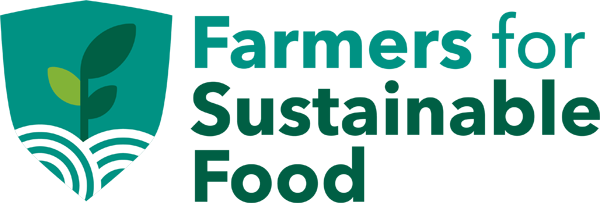
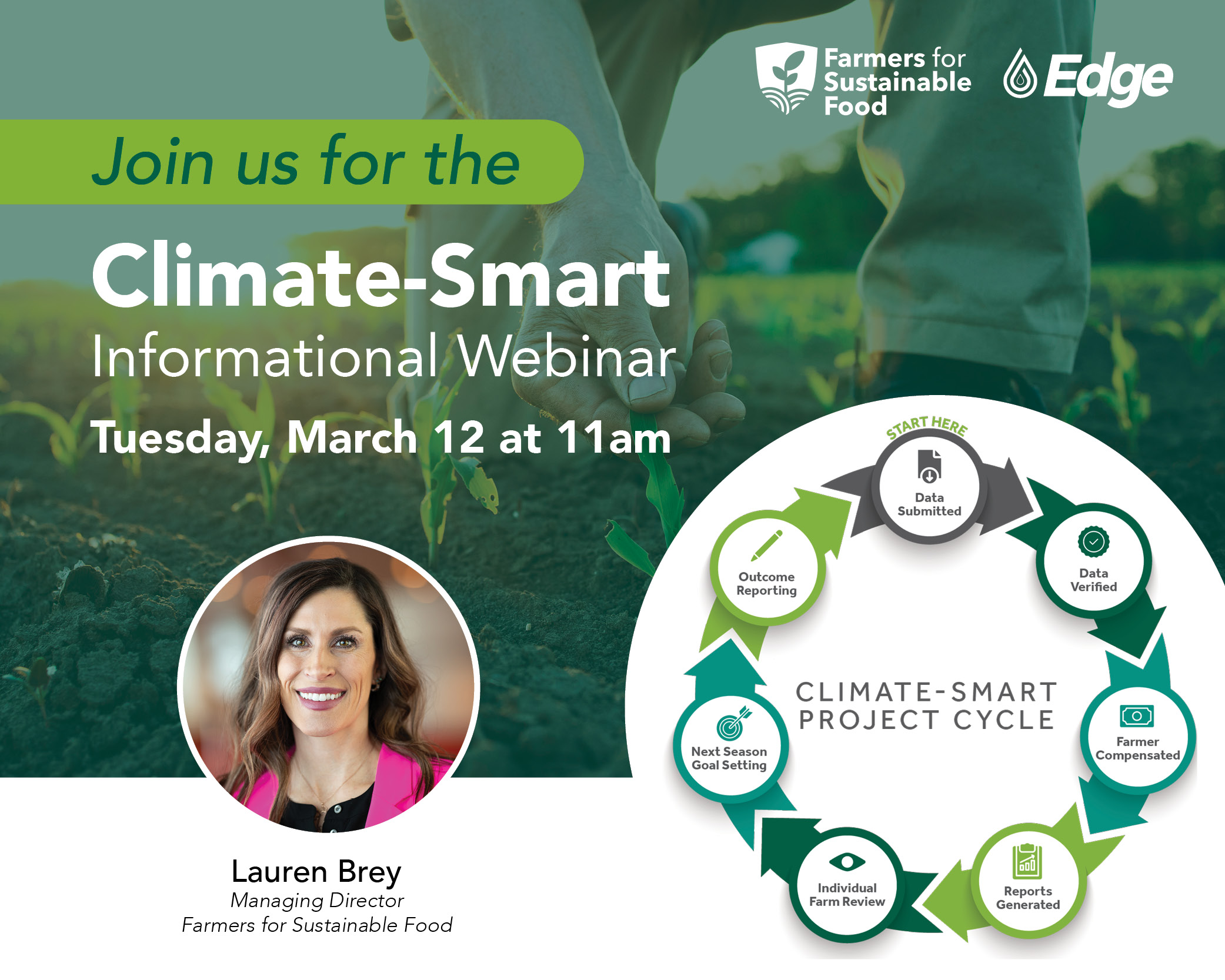

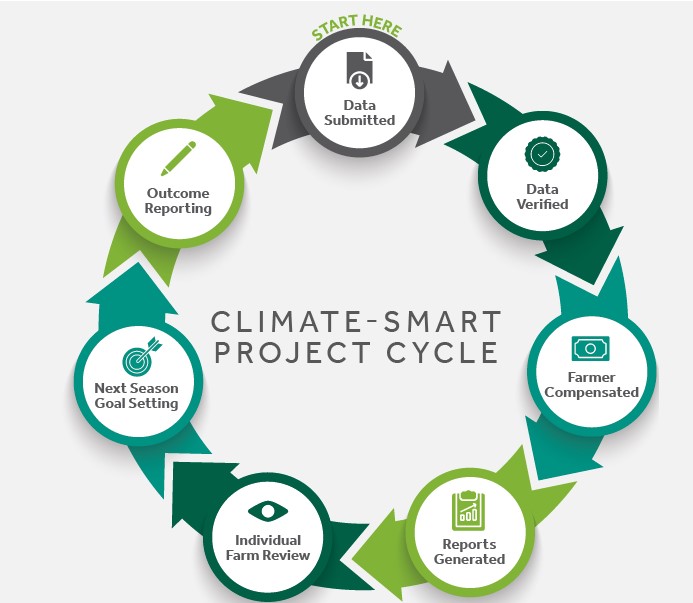
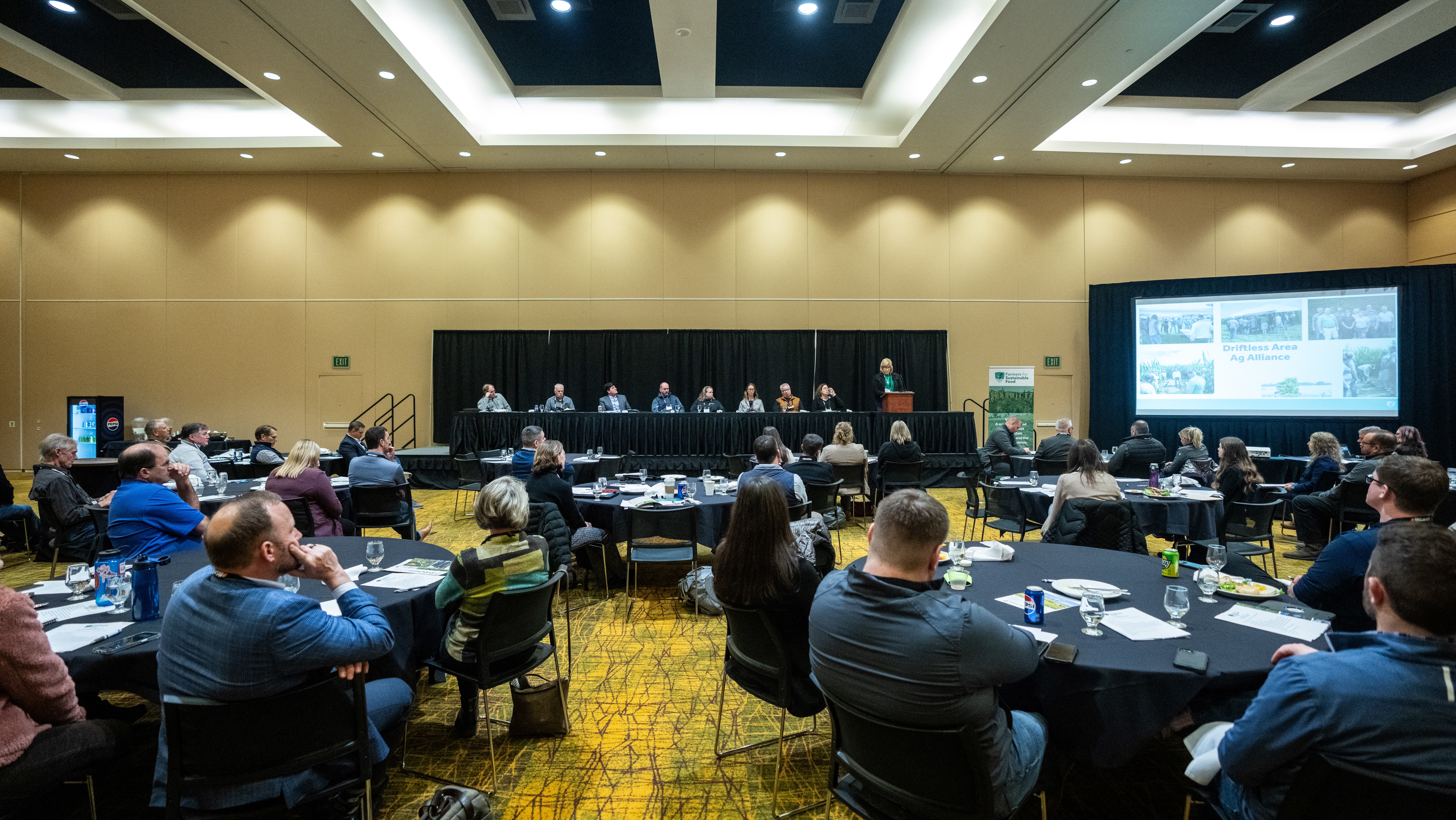
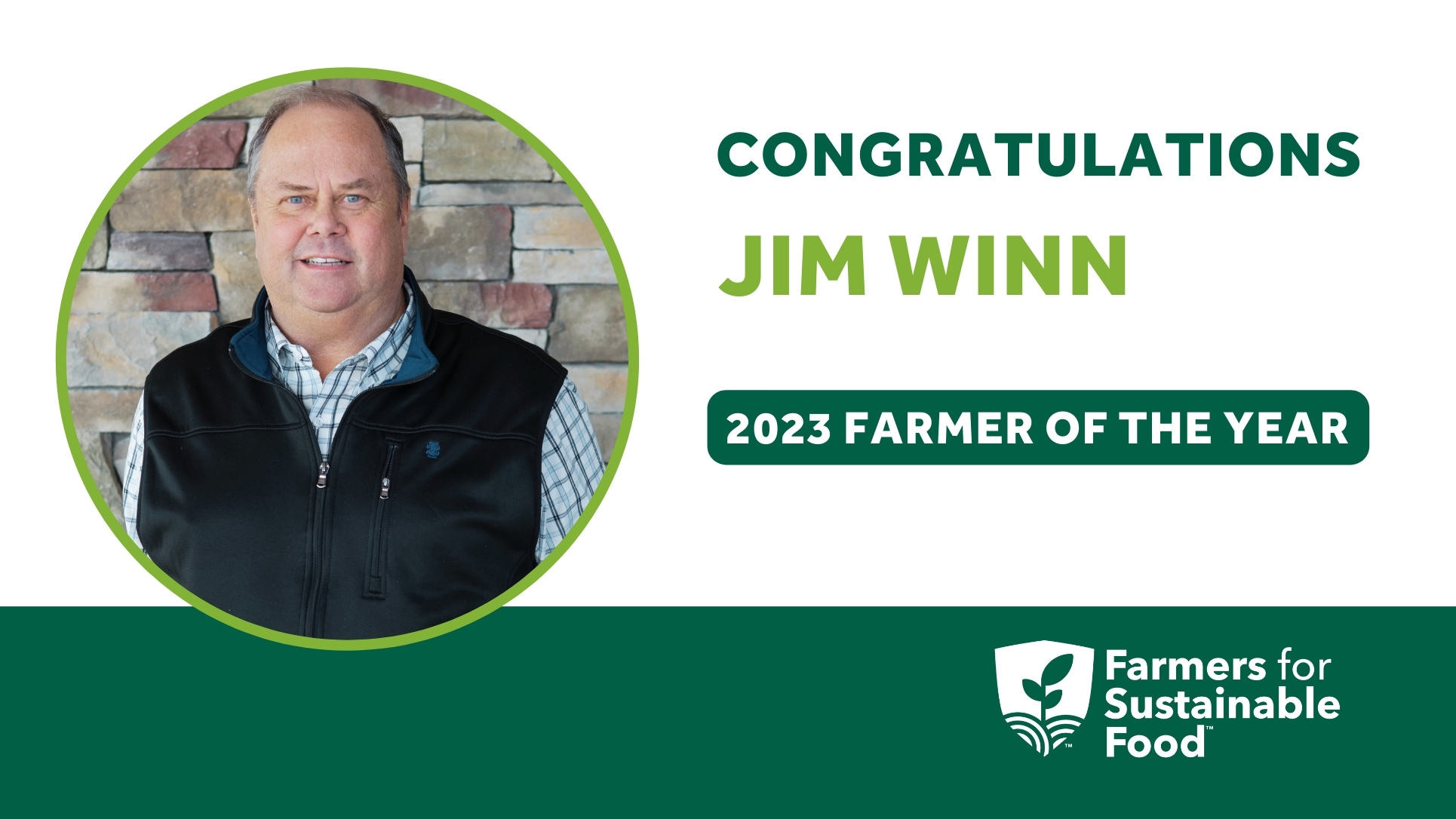
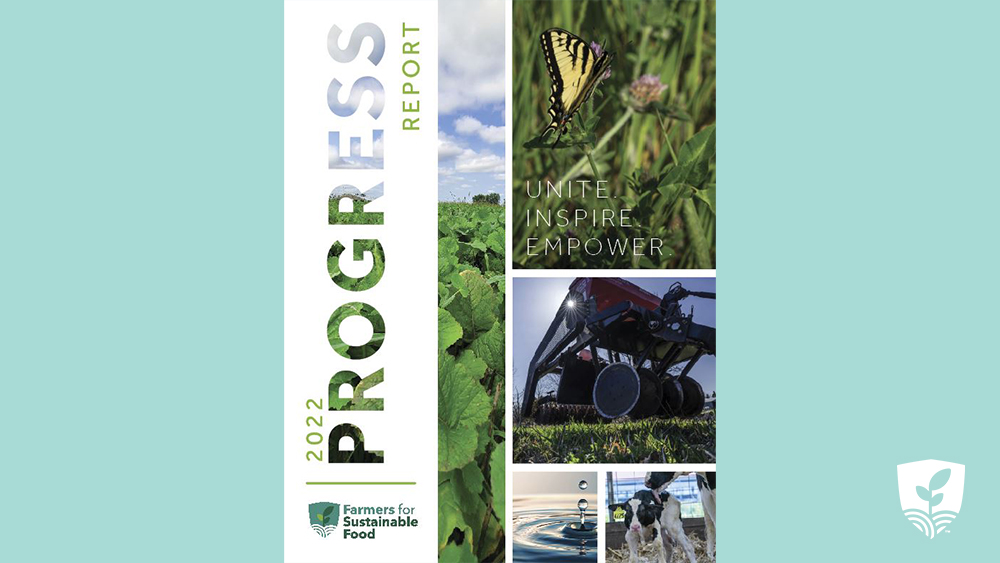
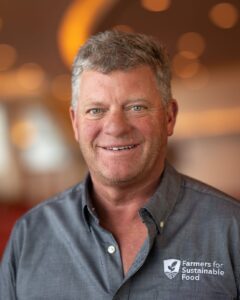 “Our members strive to act boldly, innovate broadly and implement creatively to protect and preserve natural resources daily,” Todd Doornink, FSF board president, said. “We are thrilled to showcase their incredible achievements over the past year.”
“Our members strive to act boldly, innovate broadly and implement creatively to protect and preserve natural resources daily,” Todd Doornink, FSF board president, said. “We are thrilled to showcase their incredible achievements over the past year.”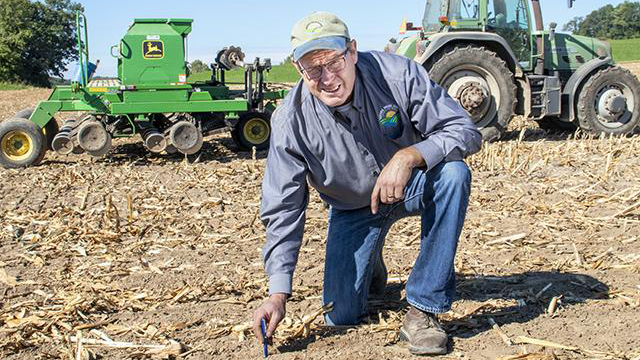

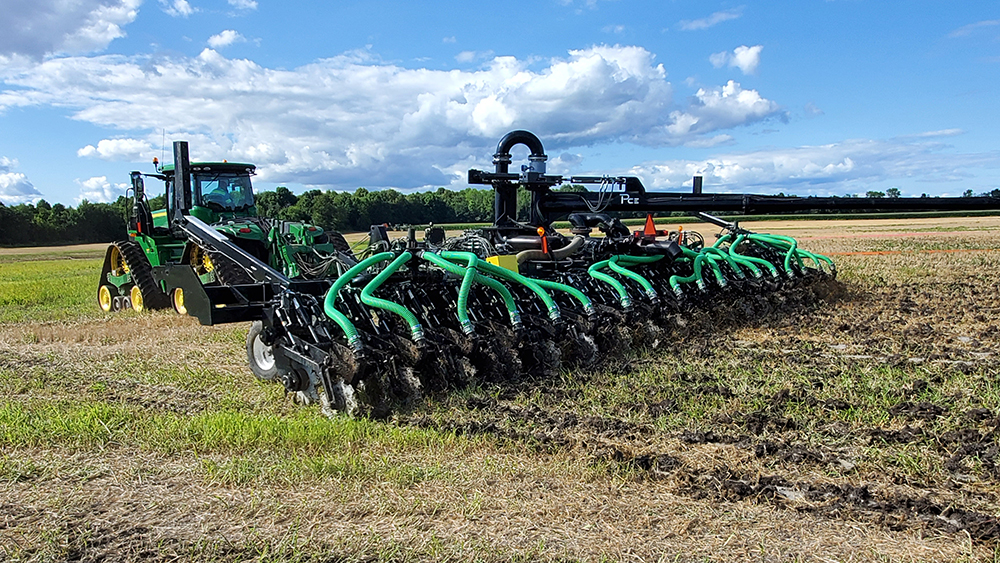
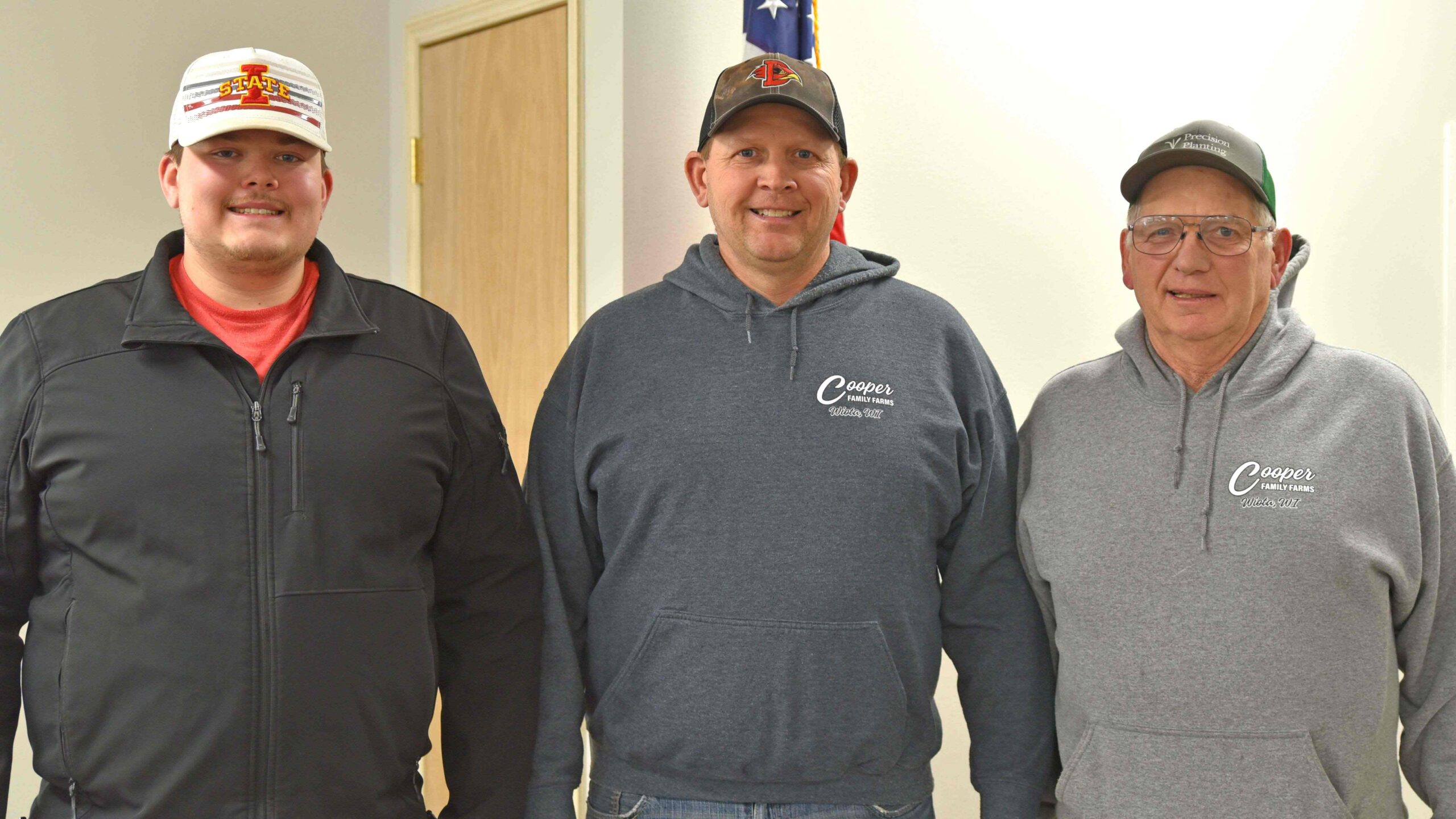
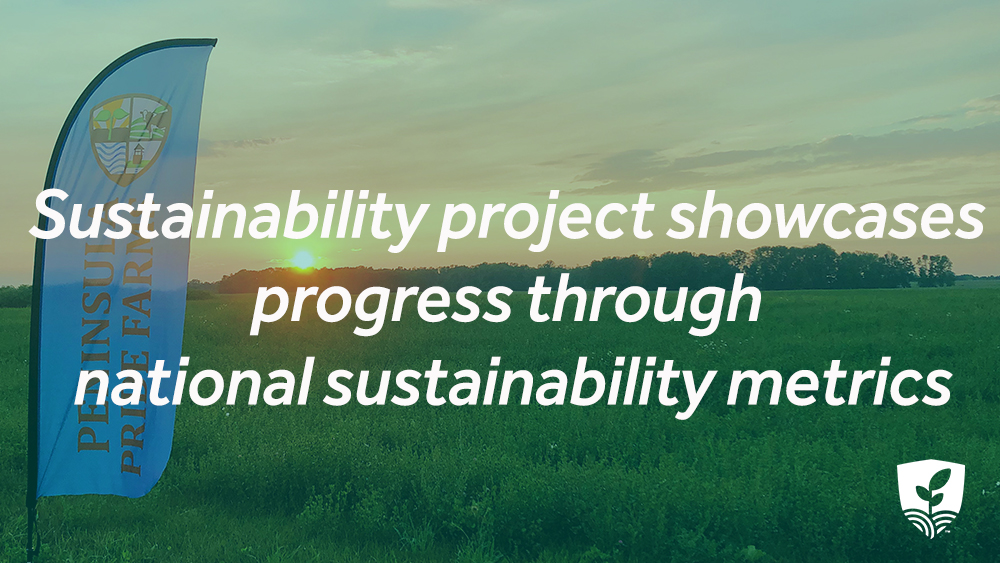
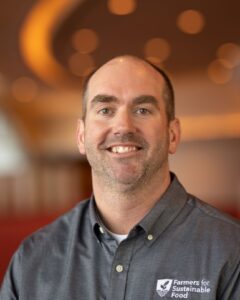 “As a farmer, we’ve made a lot of changes over the years, and you don’t always know how broad of an impact you’re making with those changes,” said Paul Cornette, co-owner of Cornette Dairy, LLC, and a project participant. “From this project, we will know what’s working well, what kind of impact it’s having on the environment and where to go in the future as we continuously improve.”
“As a farmer, we’ve made a lot of changes over the years, and you don’t always know how broad of an impact you’re making with those changes,” said Paul Cornette, co-owner of Cornette Dairy, LLC, and a project participant. “From this project, we will know what’s working well, what kind of impact it’s having on the environment and where to go in the future as we continuously improve.”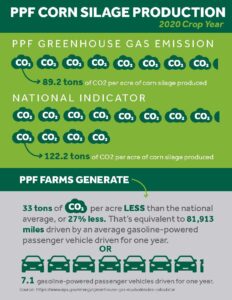
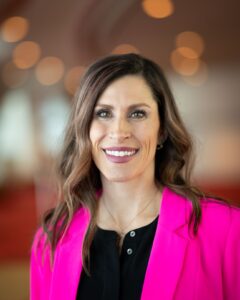 “This project proves the commitment of farmers in this area to continuous improvement and better understanding the real impact of conservation practices on the environment,” said Lauren Brey, managing director of Farmers for Sustainable Food, a nonprofit organization of food system partners. “It is exciting to be able to provide data to the farmers to help them make management decisions on their farms while also demonstrating the impact on the broader watershed and community. We look forward to more years of data and more positive environmental outcomes.”
“This project proves the commitment of farmers in this area to continuous improvement and better understanding the real impact of conservation practices on the environment,” said Lauren Brey, managing director of Farmers for Sustainable Food, a nonprofit organization of food system partners. “It is exciting to be able to provide data to the farmers to help them make management decisions on their farms while also demonstrating the impact on the broader watershed and community. We look forward to more years of data and more positive environmental outcomes.”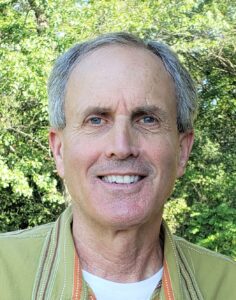 “Results from the project’s first year demonstrate that the farmers’ efforts are making a difference in addressing the environmental challenges,” Richter said. “We need to have such documentation to know where we can make the next best steps. I look forward to the group looking for more ways to address climate change.”
“Results from the project’s first year demonstrate that the farmers’ efforts are making a difference in addressing the environmental challenges,” Richter said. “We need to have such documentation to know where we can make the next best steps. I look forward to the group looking for more ways to address climate change.”